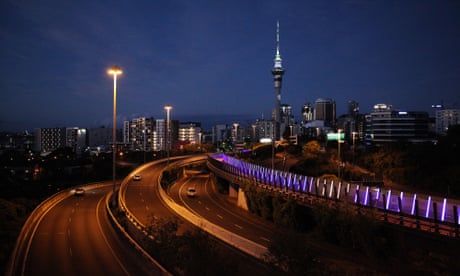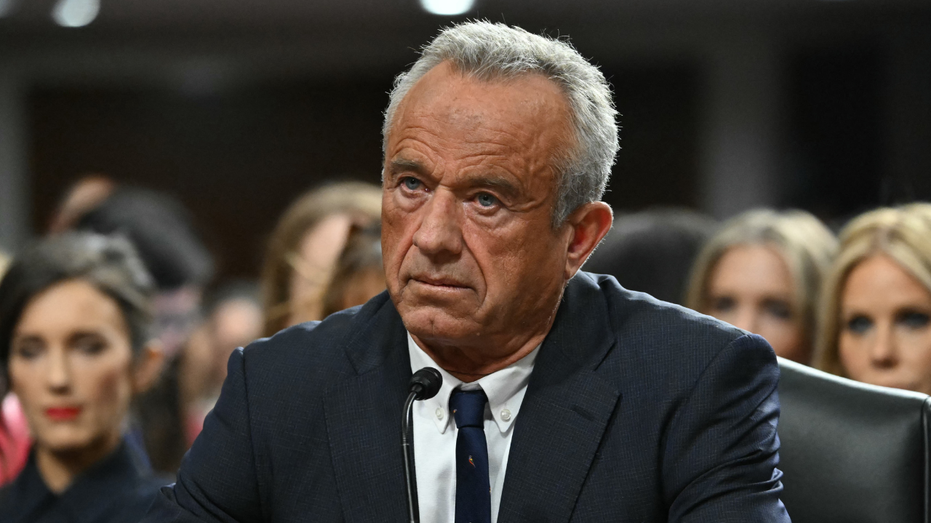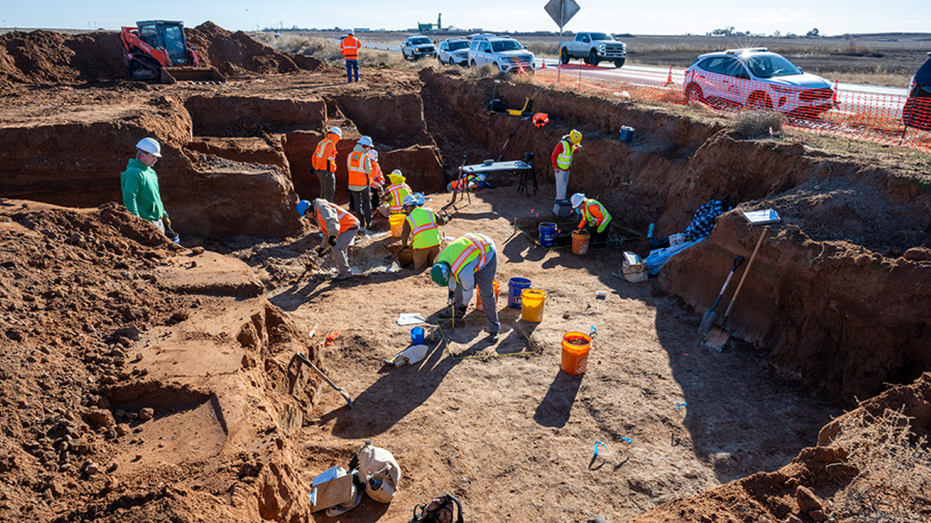- by foxnews
- 24 May 2025
After Covid, crime swells in New Zealand’s empty city centres
After Covid, crime swells in New Zealand’s empty city centres
- by theguardian
- 15 May 2022
- in news

In the early evening, light leeches quickly from Auckland's central business district, and the people follow. Offices regurgitate workers on to the streets, but their numbers are still thin - of the thousands sent to work from home, many have yet to return. Shopfronts on Queen Street, the main shopping artery, are pockmarked by For Lease signs. By late evening, the street is deserted. On many shop windows, owners have rolled down steel grates.
Already emptied out by Covid-19, some of New Zealand's cities are now facing a spike in crime. Police data released to RNZ indicated violent crime rates in Auckland, the largest city, were up 30% from pre-pandemic levels, and remained steady compared to the year before - despite months of lockdown keeping people indoors. In Wellington, recent shootings left some residents shaken. A series of "ram-raids", where offenders drive cars into glass shopfronts and rob them, have dominated the headlines. The age of some alleged offenders has come as a particular shock: police report apprehending children as young as 11 behind the wheels of stolen cars.
By international standards, New Zealand's cities tend to be relatively safe, and headlines in recent months sometimes contain a hint of incredulity. "Why is there gang warfare in central Wellington?" one asks. "'What the hell is happening?': Another ram raid in Auckland," says another.
Social service agencies and police say that behind the headlines is a simmering mixture of social deprivation, exacerbated by the stresses of the pandemic, and a cohort of New Zealanders who slipped through the cracks of government support schemes.
The wardens call themselves the "eyes and ears" of the city. Many have spent years giving out food and assistance, or walking on community patrols. On the streets, they say, there is growing desperation.
"Even though the government has poured a lot of money into the Covid sector, there's still a gap in terms of those that are hooked up," says warden Grace Ngaroimata Le Gros of Te Tai Taukerau. Those that fall through those cracks, she says, "don't even get looked at - so they struggle and revert to the streets, and small petty crime".
They are particularly concerned for children and teenagers, who started dropping off-radar when Covid-19 closed schools. Last week, principals said one in five students was absent last term.
In recent years the makeup of the city has also shifted dramatically, as the government - short on state housing - opted to place those in urgent need into motels. "You had a lot of emergency housing spilling out on to the streets," he says. "And they didn't spill out on to the bright, lit up streets - they spilled into the dark dingy streets."
Those surrounding streets have also been empty. While formal lockdowns and most restrictions ended in March, repopulation of New Zealand's inner cities has been gradual. According to pedestrian count data by the Heart of the City, Auckland's central business association, pedestrian numbers are still well below this time last year, with some areas down 40% or more.
That emptiness may be a key reason for the inner-city crime spikes, says University of Canterbury criminologist Jarrod Gilbert. He cites the theory that for most crime to occur, it needs a likely offender, a suitable target and the absence of a capable guardian - people who, simply by their presence, discourage crime from happening.
Even if offenders and targets remain the same, in New Zealand's cities right now, "there's the issue of capable guardians", he says. "Spaces that are populated by large amounts of people inhibit crime." And emptiness can beget emptiness: if people feel unsafe, they're less likely to come out - making environments feel increasingly deserted and vulnerable.
The rise in crime itself, and the maelstrom of media coverage that accompanied it, are becoming a political issue for the government, which this month announced more than half a billion dollars in extra police funding, one of the biggest spending packages announced in the lead-up to the annual budget announcement. The $562m, to be spent on police over the next four years, will create a ratio assigning one police officer to every 480 people.
The return of people to the city's streets will also help, says Matarora Smith. Even in recent weeks, there's been a shift, she says, as she walks to the office's exit."It's cool seeing that much people. Because for a while it was dead."
- by foxnews
- descember 09, 2016
Texas road construction unearths 'colossal' prehistoric remains of 'big ol' animals'
Archaeologists in Texas recently discovered prehistoric megafauna bones, including a giant ground sloth, during a highway project in Lubbock, according to officials.
read more


